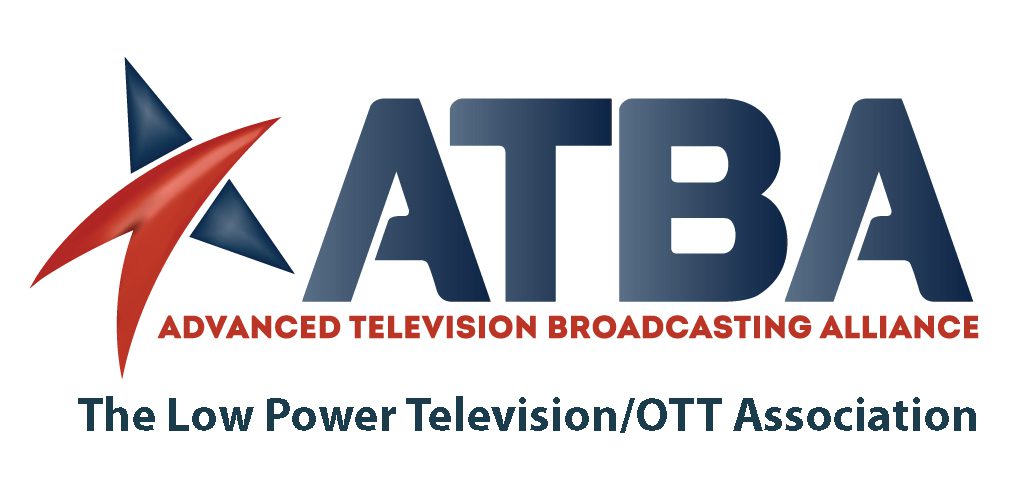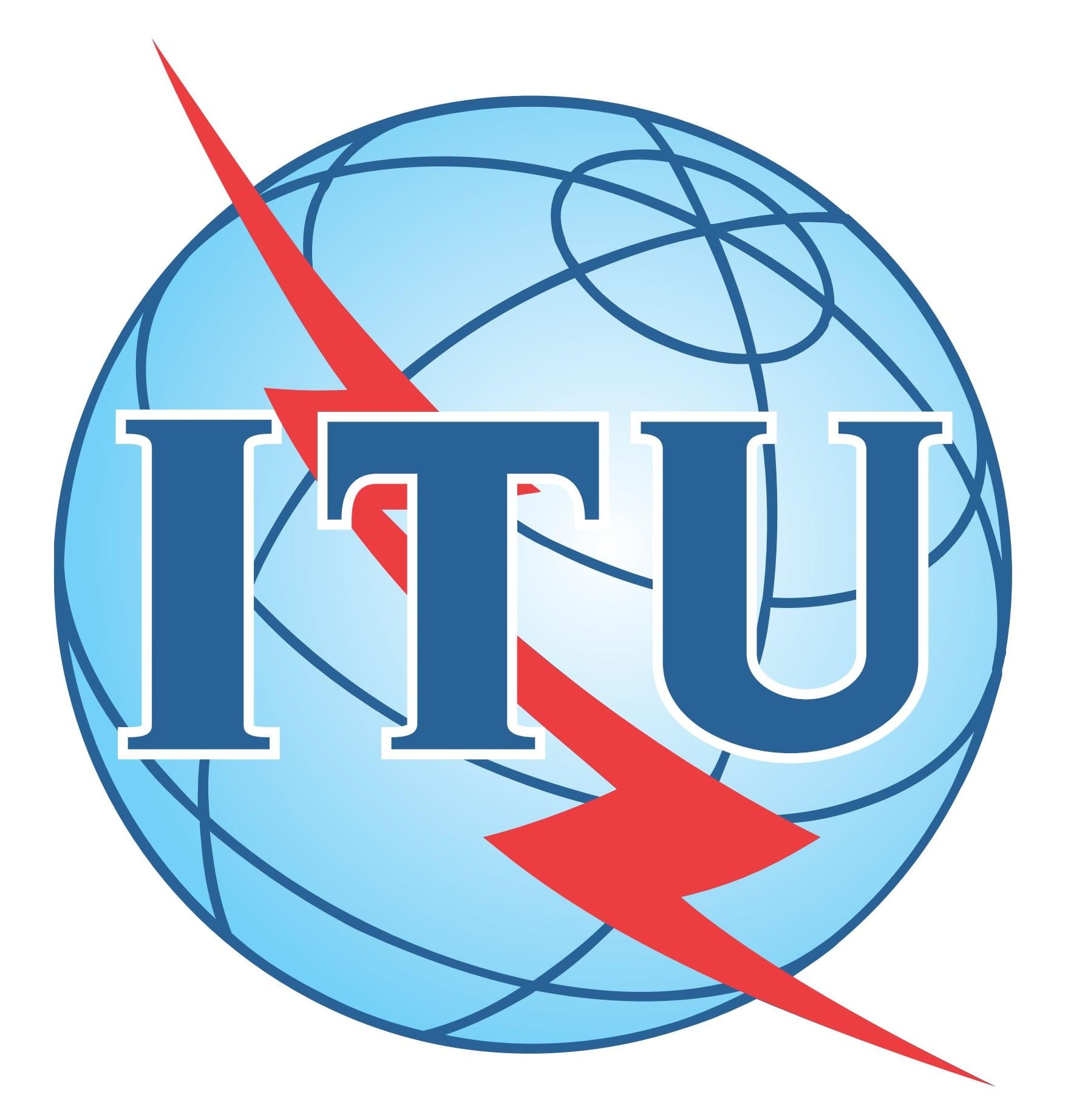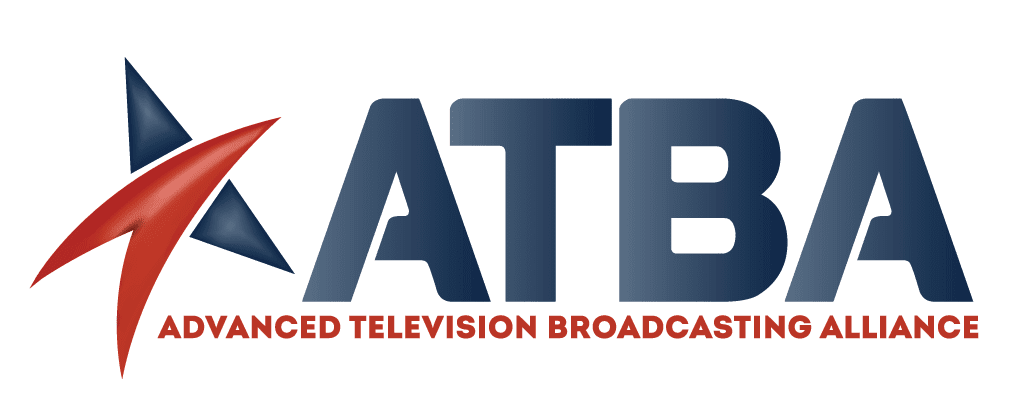ATBA says more interest is being paid to the Spectrum Auction after ITU discussions of LPTV/Translators
Geneva Switzerland –Louis Libin, Executive Director of the Advanced Television Broadcasting Alliance addressed the ITU WPA-6 Terrestrial Broadcasting Delivery Conference at the International Telecommunications Union in Geneva Switzerland today. Libin presented a document titled “MITIGATING THE IMPACTS OF MAJOR SPECTRUM REASSIGNMENTS ON LPTV AND TV TRANSLATOR STATIONS.”
“The bottom line is that the plight of LPTV (Low-Power Television) and Translator services is before the International community,” according to Louis Libin, ATBA Executive Director. “The Incentive Spectrum Auction is viewed in the U.S. as a very important and ground-breaking event that the International community is very interested in the solutions that come forth to prevent the loss of services such as LPTV and Translators.”
Libin discussed in the document the benefits of the LPTV and TV Translator Services with an overview provided as an explanation of LPTV and TV Translators services including the history. A presentation was included on methods to minimize interference to current LPTV and TV Translator service and to determine the steps needed to avoid the termination of low-power television stations or television translator stations in the frequencies remaining for broadcast television was included as well as an introduction to basic Interference requirements for LPTV and TV Translator Stations and their secondary status in the United States. And finally, this document provided an opening for discussions on mitigation factors, including the use of “optimal” software for spectrum re-allocation and the associated technical assumptions. In addition, the document included definitions of acceptable interference criteria and the use of more spectrally efficient new technologies are being investigated, including the Single Frequency Network using newest technologies.
“The Advanced Television Broadcast Alliance continues to be encouraged by the increased attention being paid to the important services that both low-power stations and translators provide in this country,” says Rod Payne, ATBA Executive Board Chairman and LPTV station owner. “The leadership of the ATBA is recognized by not only experts in this country, but those in others nations as well, as being the go to source for the real issues at stake in the spectrum auction. There must be increased pressure put on the FCC to not only document their need for reclaiming as much spectrum as they seem to feel is needed as well as to protect the vital broadcast services provided to so many in the U.S. through low-power stations and translators.”
The ITU WG6 Conference continues through the next two days in Geneva. ITU is the leading United Nations agency for information and communication technology. For nearly 150 years, ITU has coordinated the shared global use of the radio spectrum, promoted international cooperation in assigning satellite orbits, worked to improve communication infrastructure in the developing world, and established the worldwide standards that foster seamless interconnection of a vast range of communications systems. From broadband networks to new-generation wireless technologies, aeronautical and maritime navigation, radio astronomy, satellite-based meteorology and converging fixed-mobile phone, Internet and broadcasting technologies, ITU is committed to connecting the world.














